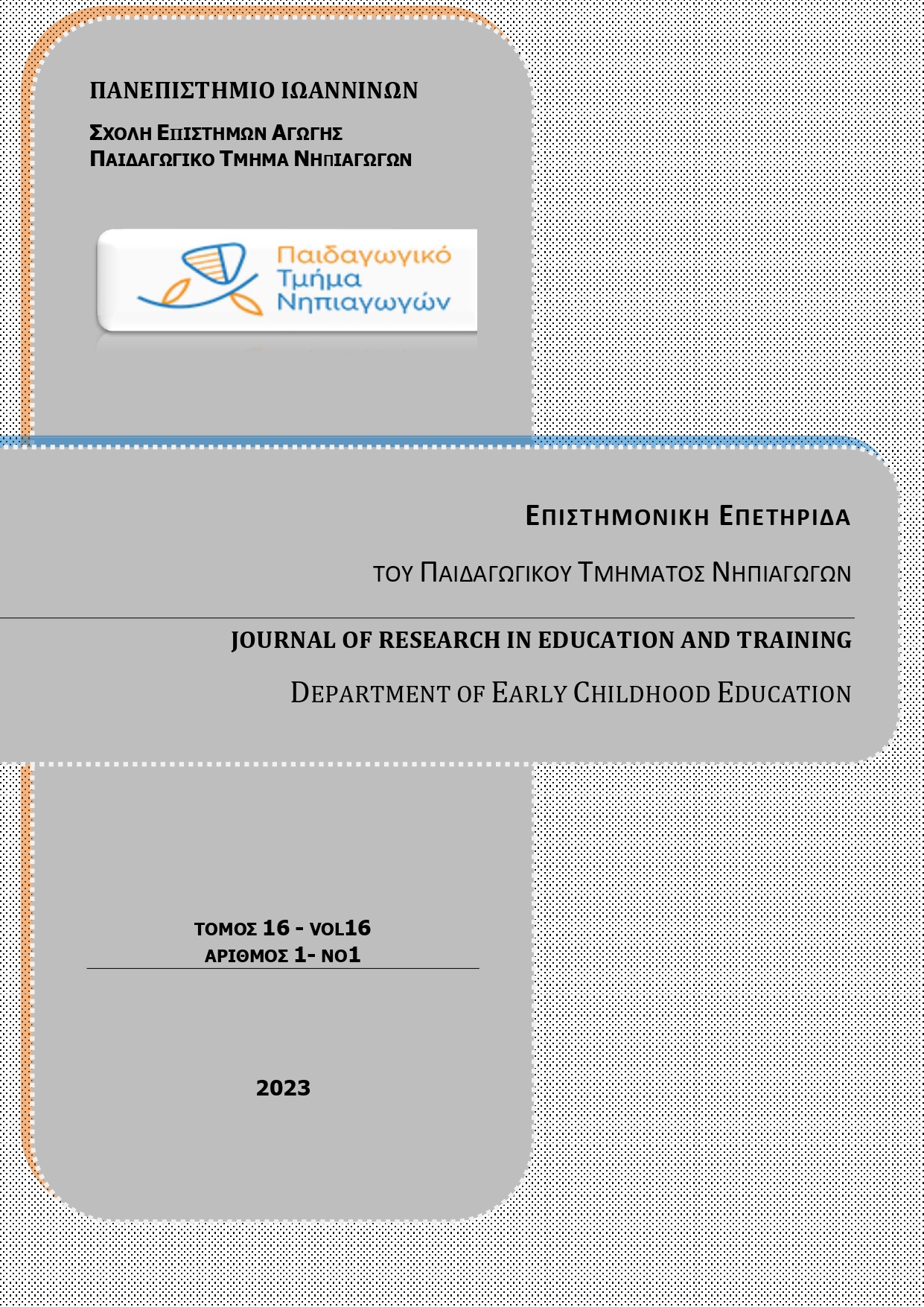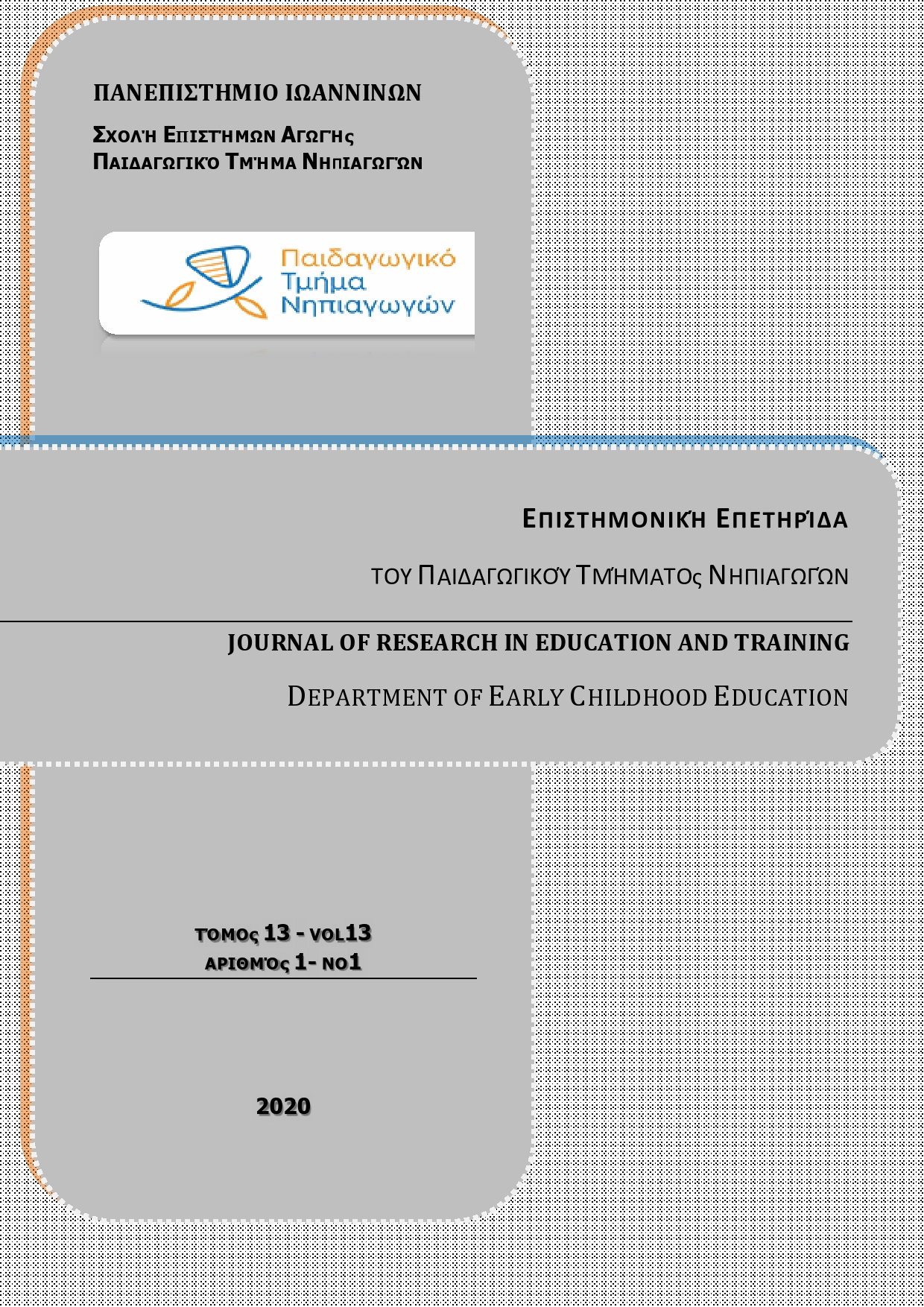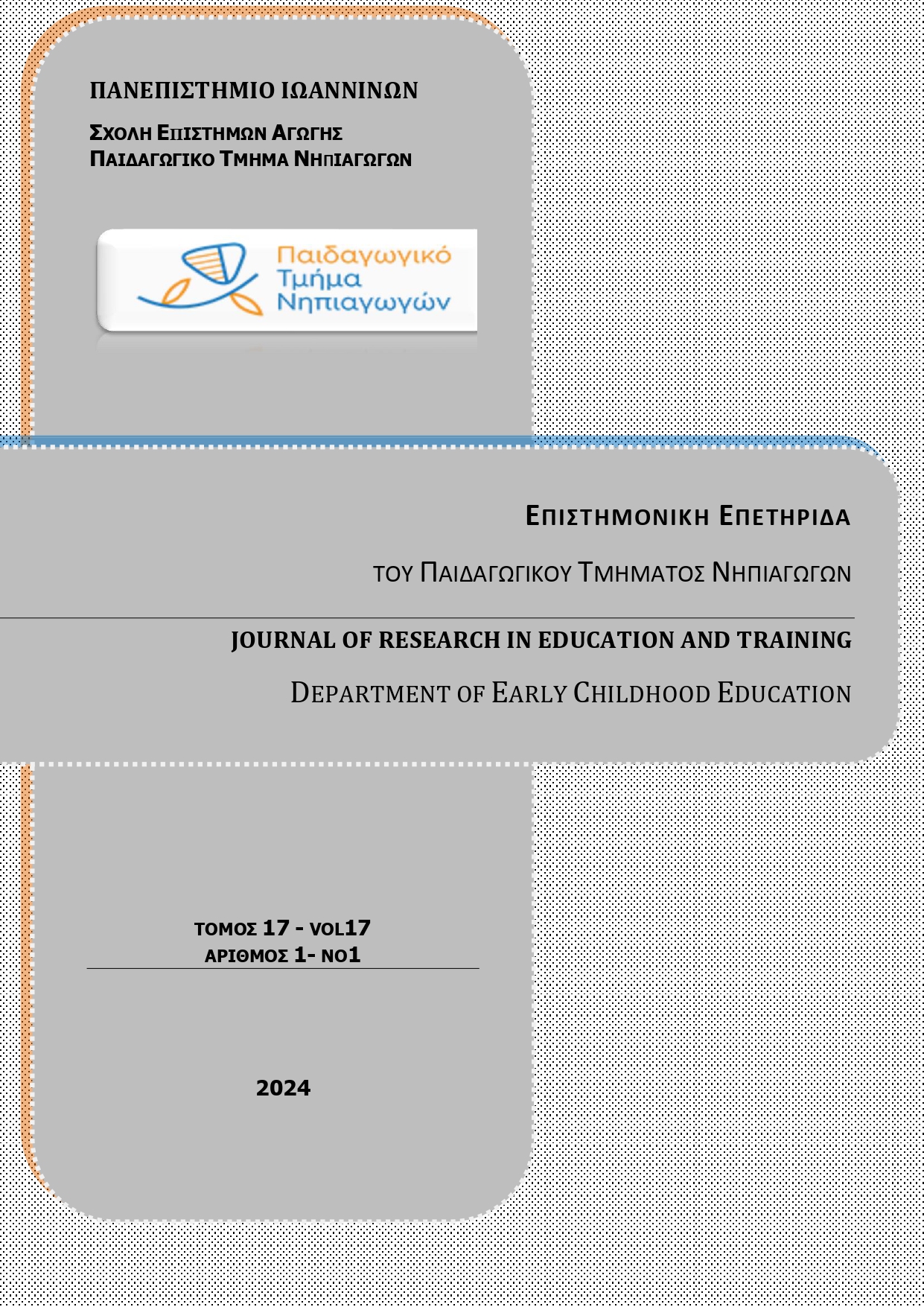Subjective Cognitive Decline and/or Objective Cognitive Decline in middle-aged adults? examining the relationship between cognitive complaints and the function of Episodic Buffer

Abstract
Subjective Cognitive Decline (SCD) refers to the cognitive decline that middle-aged adults report experiencing, but that has yet to be confirmed by objective neuropsychological testing. This decline typically manifests as the individual's cognitive complaints and concerns about their memory. The current study aimed to examine the relationship between subjective cognitive complaints, and performance in a feature binding test that assesses the function of working memory’s episodic buffer and is considered a relatively difficult task. We expected that middle-aged adults with more cognitive complaints, based on their self-reports, would have worse performance in the test. In total 103 middle-aged individuals, between 50 and 64 years, were administered online self-reported questionnaires for their cognitive function as well as the feature binding test. The results showed that cognitive complaints were related to self-reported affect and specifically, cognitive complaints were related with negative affect about memory, which mediates the relationship between cognitive complaints and feature binding test performance. Consequently, subjective and objective assessments of cognitive decline appear to be associated in middle-aged adults, with the perceived negative affect about memory functioning acting as a link between the two.
Article Details
- How to Cite
-
Emmanouilidiou, E., Frantzi, N., & Moraitou, D. (2023). Subjective Cognitive Decline and/or Objective Cognitive Decline in middle-aged adults? examining the relationship between cognitive complaints and the function of Episodic Buffer. Journal of Research in Education and Training, 16(1), 92–113. https://doi.org/10.12681/jret.31784
- Issue
- Vol. 16 No. 1 (2023):
- Section
- Articles

This work is licensed under a Creative Commons Attribution-NonCommercial-ShareAlike 4.0 International License.
Authors who publish with this journal agree to the following terms:
- Authors retain copyright and grant the journal right of first publication with the work simultaneously licensed under a Creative Commons Attribution Non-Commercial License that allows others to share the work with an acknowledgement of the work's authorship and initial publication in this journal.
- Authors are able to enter into separate, additional contractual arrangements for the non-exclusive distribution of the journal's published version of the work (e.g. post it to an institutional repository or publish it in a book), with an acknowledgement of its initial publication in this journal.
- Authors are permitted and encouraged to post their work online (preferably in institutional repositories or on their website) prior to and during the submission process, as it can lead to productive exchanges, as well as earlier and greater citation of published work (See The Effect of Open Access).




